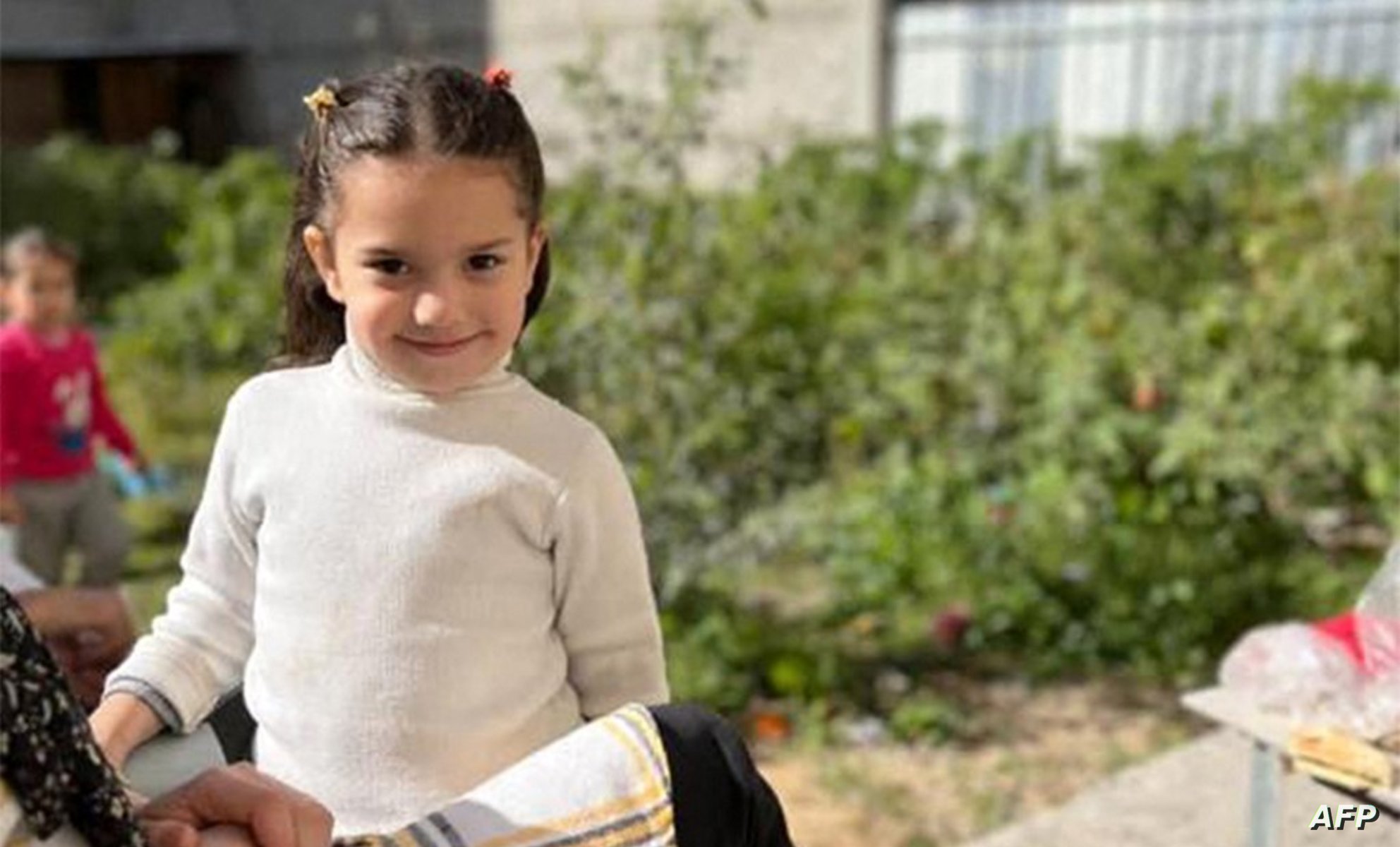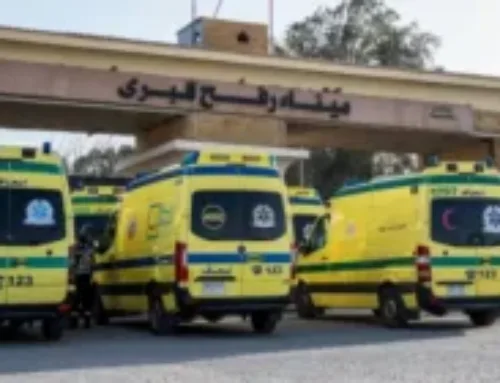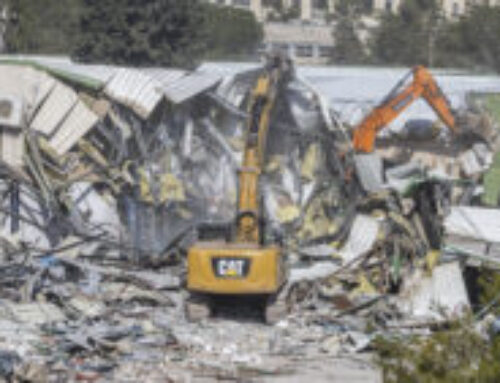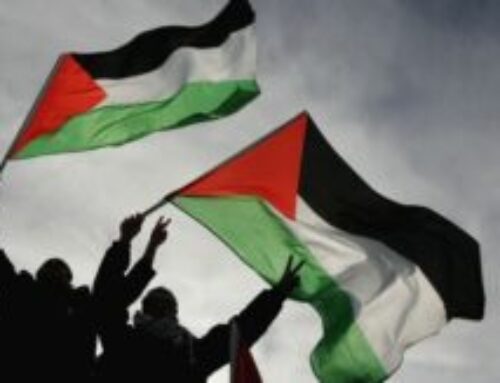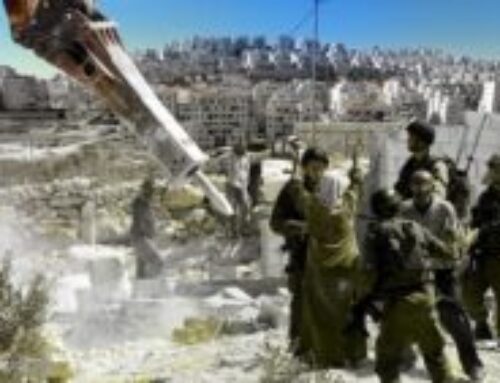In late January 2024, five-year-old Palestinian girl Hind Rajab went missing along with six of her relatives in Gaza’s Tel al-Hawa neighborhood while fleeing the bombardment. The horrifying details of this tragedy began to surface through audio recordings broadcast by the Palestinian Red Crescent, in which Hind could be heard terrified and pleading on the phone: “I’m very scared… please come.”
More than ten days after that harrowing call, the bodies of Hind, five of her family members, and her cousin Layan were found near their destroyed vehicle. Close by, a Palestinian Red Crescent ambulance was discovered burned, with two medics killed while trying to reach the girl.
Hind had no idea that her final cries would become a symbol of her case and of thousands of other Palestinian victims. She died in a car surrounded by the bodies of her family, shredded by heavy gunfire and tank shells fired by the usurping entity, according to subsequent human rights investigations.
A research group, Forensic Architecture, determined that a tank belonging to the usurping entity fired 335 bullets at the family vehicle from a distance of less than 25 meters. The investigation concluded that the shooter could clearly see the vehicle’s passengers, including the children. The soldiers’ disregard for the clearly visible presence of minors led investigators to classify the massacre as a potential war crime.
Latest Developments and International Pursuit
On May 3, 2025 — what would have been Hind Rajab’s seventh birthday — the Hind Rajab Foundation for human rights announced major new developments. It revealed that an extensive legal investigation had identified the operation’s commanding officer and the military unit responsible for the attack.
The foundation named Lieutenant Colonel Beni Aharon, then-commander of the 401st Armored Brigade in the occupation army, as the primary perpetrator. Under his command, tanks fired on the civilian family vehicle, then destroyed the Red Crescent ambulance attempting to rescue Hind.
Following this, a formal complaint was filed with the International Criminal Court (ICC) in The Hague, accusing Aharon and other involved officers of war crimes and requesting arrest warrants.
The foundation stressed that this move was not about revenge, but a legal obligation grounded in compelling evidence. Meanwhile, Palestinian human rights groups have begun preparing additional complaints for international and national courts against the occupying forces’ officers and soldiers.
These developments come amid official Palestinian appeals to the ICC and UN agencies for immediate investigation and accountability.
The Human and Societal Dimension of the Case
Hind Rajab’s story has become a heartbreaking symbol of the suffering of children in Gaza. Her family and solidarity campaigns at home and abroad have condemned the incident as a blatant example of the civilian toll of the war. Hind’s mother cried out: “How many more mothers? How many more children do you want to kill?” Activists vowed to keep her name alive so it would not fade into silence.
The overwhelming empathy her case generated highlights its profound humanitarian impact and increases the moral pressure on the international community to act.
The legal and humanitarian tragedy of Hind Rajab underscores a test for the international justice system. The available evidence strongly indicates direct military involvement by the usurping entity — from the slaughter of the family to the killing of rescuers — in one of the most egregious war crimes committed during the genocidal assault on Gaza.
Under international law, the targeting of minors or rescue teams is a grave violation, which may rise to the level of crimes against humanity if repeated systematically.
As international silence continues around what is happening in Gaza, despair among Palestinians deepens, while the world’s conscience burns with the weight of this case. The next step must go beyond media condemnation — the strong evidence and powerful human testimonies must fuel a full and impartial legal investigation.
Hind’s small voice will not vanish as long as there are those who demand justice — a voice now echoing in the corridors of justice, despite persistent efforts to silence it.

